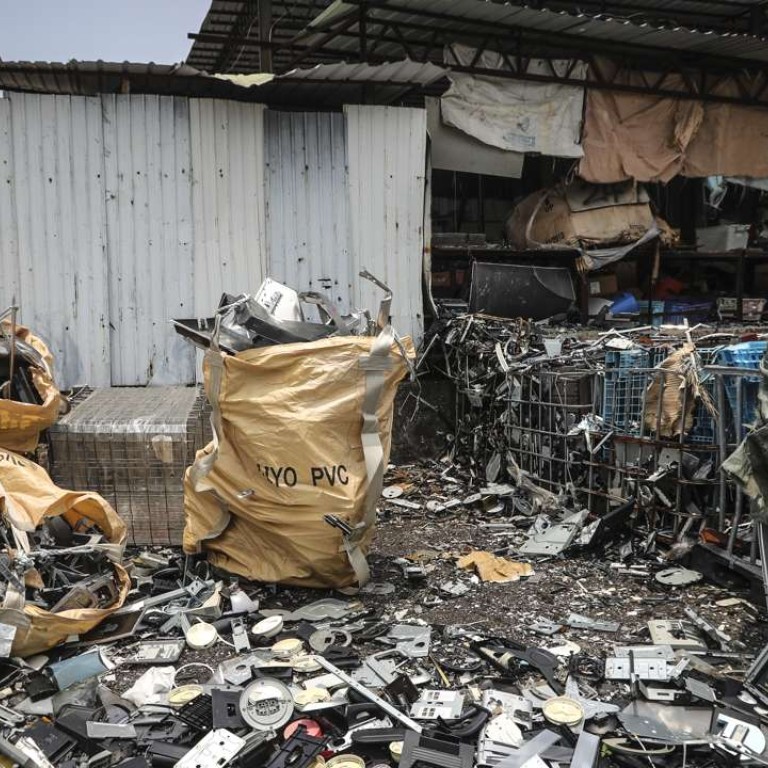
Dumping of e-waste in developing nations harms their ecosystems
Due primarily to rapid socio-economic and technological advancement, the volume of electronic waste generated has been on the rise. TVs, computer monitors and electronic equipment are some common examples of e-waste.
What makes things worse is that so many people want to buy the latest model of their favourite brand of smartphone, which means old models become obsolete quickly and are discarded.
When individuals dispose of these devices, they probably do not think about where they might end up, but the volume of waste is staggering. A lot of it ends up in developing countries, based on the not-in-my-backyard mentality.
Although it may be tempting for governments to export e-waste to developing nations, they have to realise the detrimental effect it has on the environment in these countries.
Exporting e-waste is not a sustainable practice, as people in the countries it goes to end up suffering the fallout of a deteriorating environment and possible health problems.
E-waste contains a wide range of metals and toxic material, which are detrimental to health.
Pregnant women and mothers and their newborns face potential risks if they are exposed to this material.
Ecosystems can be damaged, with toxic metals polluting soil and water sources. This damages crops and makes it dangerous to drink the water.
Many of these developing countries do not have regular rules and policies for controlling e-waste, or of ensuring that it is handled and dismantled responsibly.
According to the Environmental Protection Department, each year Hong Kong throws away more than 70,000 tonnes of computers and electrical equipment.
e-waste stands at 1,600 tonnes, which translates into 2.3 per cent of e-waste produced.
In the long run, Hong Kong should reduce the volume of
e-waste that the city generates.
We should be aiming to increase the recycling rate and our capacity for recycling e-waste. This is a global issue which requires a collective effort.
Sustainable and environmentally sound processing of
e-waste should be established in developing countries. To achieve this goal, governments will have to work together.
Anina Law, Tai Po

